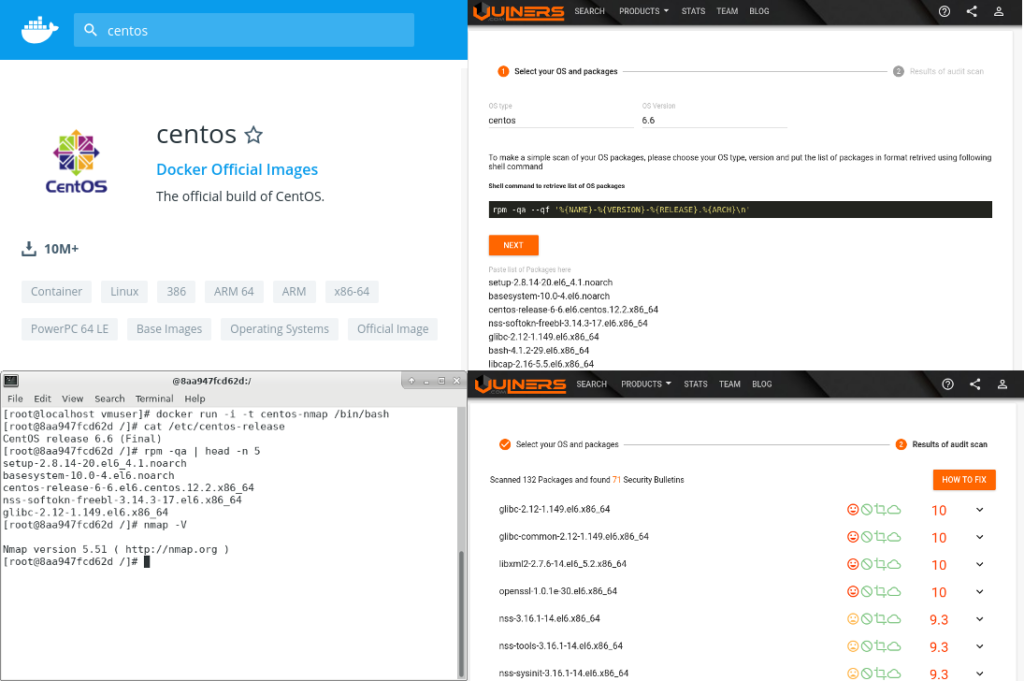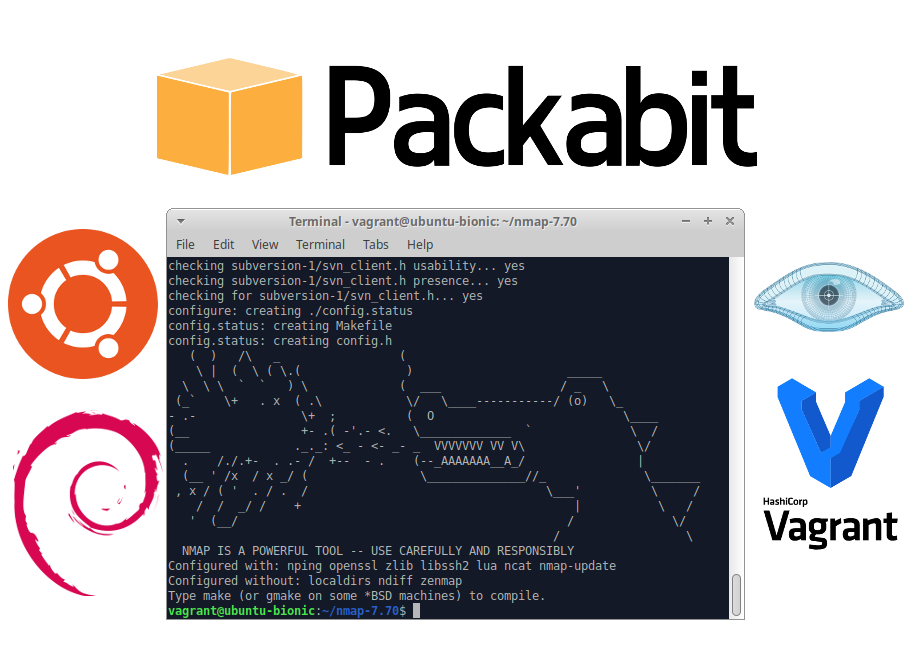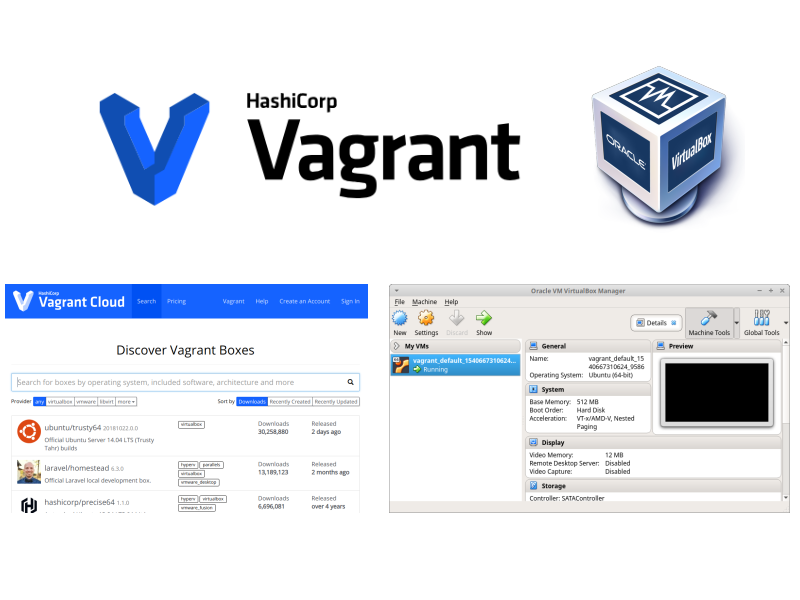First steps with Docker: installation in CentOS 7, vulnerability assessment, interactive mode and saving changes. Docker and containerization are literally everywhere. IMHO, this changes the IT landscape much more than virtualization and clouds. Let’s say you have a host, you checked it and find out that there are no vulnerable packages. But what’s the point if this host runs Docker containers with their own packages that may be vulnerable? Add to this the issues with complex orchestration systems, such as Kubernetes, completely different DevOps subculture with their own terms, slang, beliefs, priorities, and the situation begins to look like complete IT Hell. 🙂

But it seems that Docker will be here for a long time, so we will have to live with it. 😉 Here I will not write what Docker is and how it works. There are many publications about this. I personally interested in what actually we can do with these weird “virtual machines”, how can we run and assess them.


